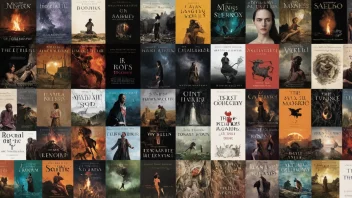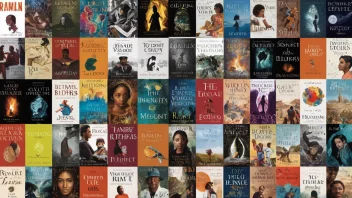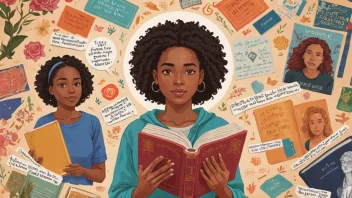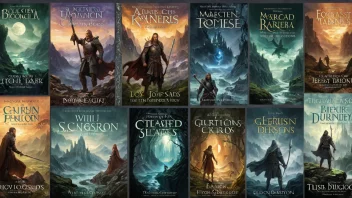In an increasingly interconnected world, the concept of global citizenship is becoming more significant. As individuals, we are exposed to diverse cultures, ideas, and challenges that transcend national borders. Non-fiction literature plays a pivotal role in fostering global citizenship by educating readers about different perspectives, histories, and social issues. Through engaging narratives and factual accounts, non-fiction books encourage empathy and understanding, making them essential tools for cultivating a sense of global responsibility.
One of the key aspects of non-fiction literature is its ability to present real-life stories that showcase the experiences of people from various backgrounds. Books such as Half the Sky by Nicholas D. Kristof and Sheryl WuDunn highlight the struggles faced by women around the world, prompting readers to consider their roles in advocating for gender equality. These narratives not only inform but also inspire action, encouraging readers to become advocates for change in their own communities.
Furthermore, non-fiction works often delve into pressing global issues such as climate change, poverty, and human rights. For instance, This Changes Everything by Naomi Klein argues that the climate crisis is intrinsically linked to economic and social injustices. By presenting well-researched arguments and compelling evidence, such books invite readers to re-evaluate their understanding of these issues and consider their impact on a global scale.
Educational non-fiction also plays a crucial role in fostering global citizenship. Textbooks and reference materials that cover world history, geography, and cultural studies provide readers with the foundational knowledge necessary to understand global interdependencies. These resources encourage critical thinking and challenge readers to question their preconceived notions about other cultures and societies.
Moreover, memoirs and autobiographies often serve as powerful tools for empathy. When readers immerse themselves in the life stories of individuals from different backgrounds, they gain insight into the complexities of human experience. Books such as The Kite Runner by Khaled Hosseini and Educated by Tara Westover offer unique perspectives on cultural and societal issues, fostering a greater appreciation for diversity and shared humanity.
In conclusion, non-fiction literature is a vital component in the journey toward global citizenship. By providing readers with knowledge, fostering empathy through personal narratives, and addressing critical global issues, non-fiction books empower individuals to become informed and active participants in their communities and the world at large. As we continue to explore the rich tapestry of human experience through the lens of non-fiction, we cultivate a deeper understanding of our collective responsibility to one another on this shared planet.






